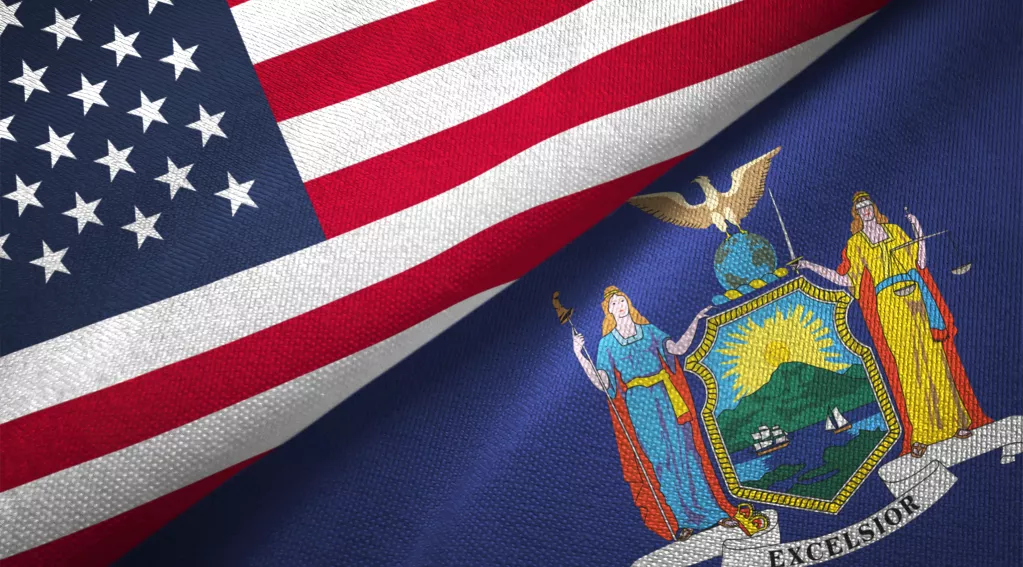NY Legislature Codifies Court Decision to Bar ICE From Its Courthouses

By Shari Rendall | FAIR Take | July 2020
On July 20, the New York State Assembly passed Protect Our Courts Act, Assembly Bill (AB) 2176 making it nearly impossible for Immigration and Customs Enforcement (ICE) to arrest illegal aliens on their way to court, during court proceedings, or on their return. Two days later, the Senate passed it as well.
This legislation codifies a New York federal district court decision issued last month. It is likely that the New York Legislature passed the Protect Our Courts Act to ensure that ICE would not be able to arrest illegal aliens at New York courthouses even if the district court decision was overturned. The bill also attempts to go beyond the court decision by covering illegal aliens not only at the courthouses but those going to and from them as well.
According to the sponsor of the Protect Our Court Act, Assemblywoman Michelle Solages (D-Nassau County), this legislation is needed because “federal ICE agents make a concerted effort to use courthouses as a means of entrapment, which in turn has created a hostile environment for individuals seeking recourse from New York courts.”
Mizue Aizeki, Deputy Director of the Immigrant Defense Project, heralded the bill’s passage saying, “New York’s courts cannot be used as traps for carrying out the Administration’s cruel agenda to criminalize and deport immigrants. This law makes a critical intervention in ICE’s police to deportation pipeline and will ensure everyone has equal access to courts.”
While ICE has a policy of not conducting enforcement actions at sensitive locations like schools and hospitals, they do not consider courthouses as sensitive locations. Rather, they are much safer places for ICE to arrest criminal aliens since they have already been screened for weapons. Forcing ICE agents to arrest individuals in the community unnecessarily endangers the ICE agents as well as imperils the community. Moreover, ICE says it is necessary to conduct operations at courthouses in sanctuary jurisdictions like New York City since they do not have access to the local jails.
With the passage of the Protect Our Courts Act, the New York legislature appears to be grossly exceeding its authority. As a matter of constitutional law, the regulation of immigration policy is a federal responsibility. Federal law including immigration law is supreme over state law, and state governments lack any authority to dictate to the federal government how it must go about regulating immigration. The Supreme Court of the United States confirmed this principle in 2012 in Arizona v. United States.
Even if a state government had any residual power to pass supplemental legislation on immigration matters, it wouldn’t be able to legislate how, where, or when ICE can arrest anyone. Under Article VI, Paragraph 2 of the United States Constitution, commonly known as the “Supremacy Clause,” the Immigration and Nationality Act (INA), the governing federal statute, would trump any state statutes. And the INA expressly grants ICE the authority to arrest immigration violators anywhere in the United States, without a judicial warrant.
The Protect Our Court Act now goes to Governor Andrew Cuomo (D). He has previously signaled support for the bill. If the legislature remains in session, Governor Cuomo has ten days to sign or veto the bill before it automatically becomes law; if it is no longer in session he has thirty days.
